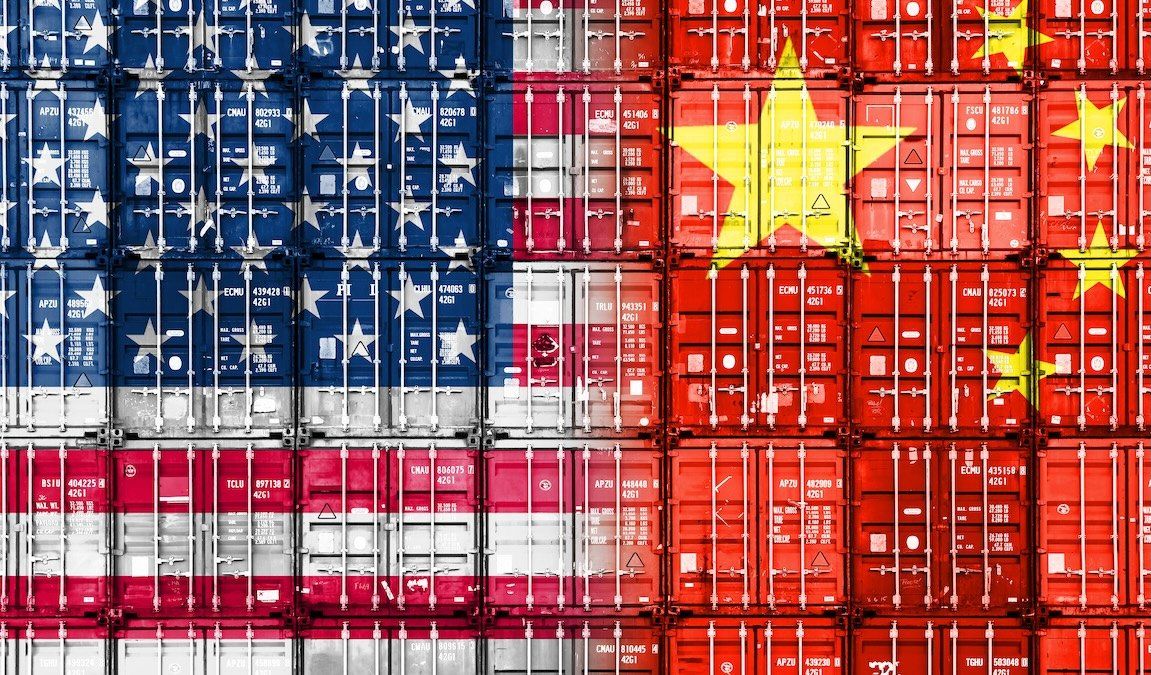Of greater interest are nontariff measures, including anti-monopoly investigations launched into Google and the placing of Calvin Klein’s parent company, PVH, on China’s “unreliable entities” list, limiting the brand’s operations there. Beijing also imposed export controls on 25 rare metals, including tungsten, critical for electronics and military equipment.
In the US, consumers might not like Trump’s cancellation of the “de minimis exemption,” which allowed the purchase of goods under $800 without duties. The move is expected to hurt low-income Americans who rely on direct shipping from online vendors while having a minimal impact on Chinese firms. While Trump has said he’s in “no hurry” to talk to President Xi Jinping, we’re watching whether public backlash in the US changes his tune.
Next, the European Union? Trump has put Brussels on his hit list but has not given any dates or specifics. EU trade chief Maros Sefcovic said on Tuesday, "We are ready to engage immediately“ and hoping “to avoid the measures which would bring a lot of disturbance to the most important trade and investment relationship on this planet.”
